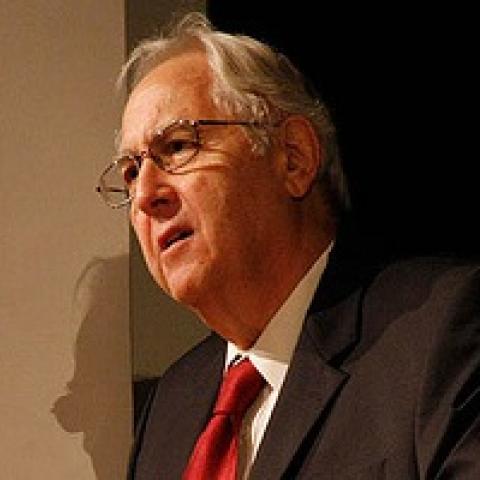The worst European refugee crisis since the end of World War II is taking place before our eyes. The news on television is filled with horrible images, but the one most shocking and symbolic of what is going on is that of a three-year-old Syrian boy who washed up on a Turkish beach. Europe, with its fluid borders, is woefully unprepared to deal with the situation. In Germany, Angela Merkel has agreed to open the gates, and says that Germany will let in 800,000 asylum seekers this year alone. Austria says that it too will allow some in. Hungry tried refusing to allow refugees to board trains to reach these destinations, but had to reverse its policy.
While many foreign leaders have spoken out, there is one who has said not a word. That leader, as you most probably can guess, is Barack Obama. And how could he? His policies, after all, have ended in this tragedy. It is, as Michael Gerson writes in a powerful Washington Post column, the result of his failure in Syria.
Obama said a “red line” in Syria could not be crossed; then Bashar Al-Assad crossed it—and nothing happened except for temporarily harsher rhetoric from the president. Now, Assad drops barrel bombs on his own people, filled with supposedly outlawed chemical weapons. Obama, of course, had plenty of measures which he could have ordered that would have stopped or limited Assad’s war on his own people. Instead, he ignored the advice of Secretary of State Hillary Clinton, Secretary of Defense Leon Panetta and CIA chief Gen. David Petraeus, who favored using screened moderate forces of the Sunni majority willing to fight and supplying them with shoulder-to-air missiles that would have brought down the helicopters Assad uses to carry out the bombings. Instead, he did nothing.
The reason is simple. Obama apparently believes that the way to achieve stability in the Middle East is to move towards an alliance with Iran. Achieving a nuclear deal with the terrorist state was paramount and the president did not want anything to interfere with it. Attacking Assad, who is backed by Iran, might upset Ayatollah Khamenei and hence kill the deal. So all we got from Obama were toothless statements that Assad had to go and that he should “step aside,” which Mr. Assad ignored without any consequences.
As for the refugees, this past year a little over 1500 were admitted to the United States, after going through screening to establish that they were really political opponents of Assad who had just reason to seek asylum. Martin O’Malley has called for the United States to accept 65,000 Syrian refugees -- which will be ignored by everyone in the administration and is not realistic. Imagine the outcry that would occur if the U.S. did that in light of the unsolved issue of how to deal with our own illegal refugee situation. If this was done, the U.S. would have no way to screen out jihadists who might be entering our country with the large flow.
But we can’t ignore the situation confronting our allies. As Anne Applebaum writes, “crocodile tears” are being shed by all the European leaders. Just a few days ago they ignored the hundreds of thousands of refugees fleeing Syria, many of them middle class and some even rich. It is virtually impossible, then, to distinguish Syrians fleeing a war that is demolishing their cities from those who are fleeing because, as outspoken Sunni opponents of Assad, they would be singled out by the regime, tortured in Assad’s prisons, and then executed.
Already, Applebaum writes, there are 4 million Syrian refugees, one million or more in Turkey alone, 1.5 million in Lebanon -- and millions more in Syria who are trying to leave and seek refuge in Western Europe.
Obviously, there is no place big enough for all of them to go to. Assad has almost destroyed his entire country. The refugees are symptomatic of a failed foreign policy that has produced a national security crisis that has no end in sight.
We await a statement from Obama, in which he too will shed crocodile tears and express his sympathy for the Syrian refugees. Nevertheless, he and his supporters will still insist that his foreign policy has been a great success.


















